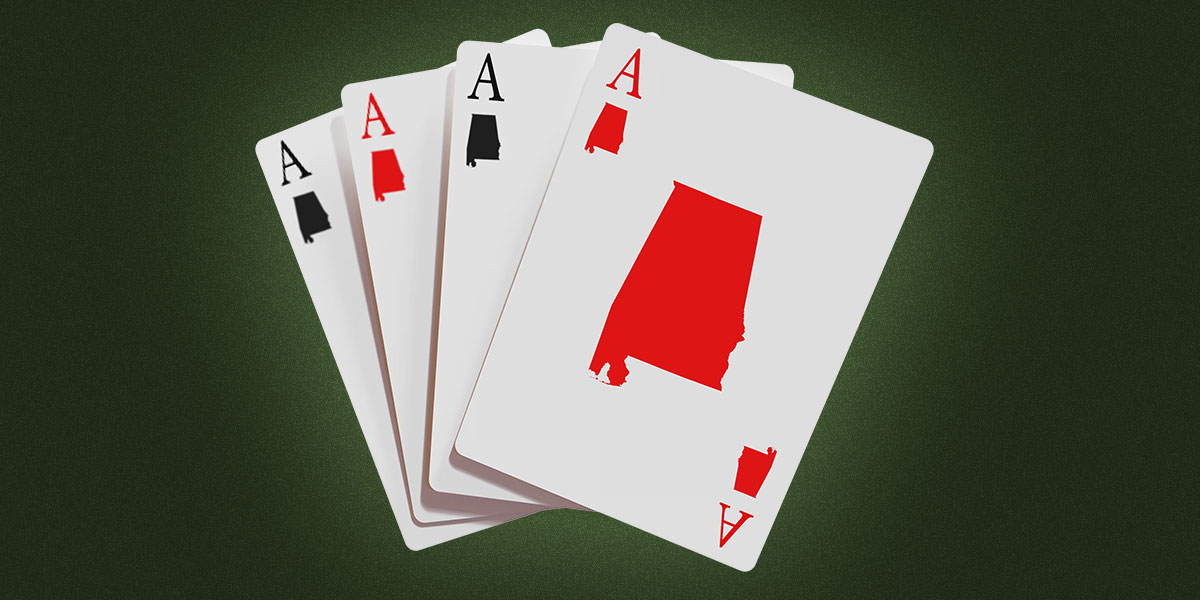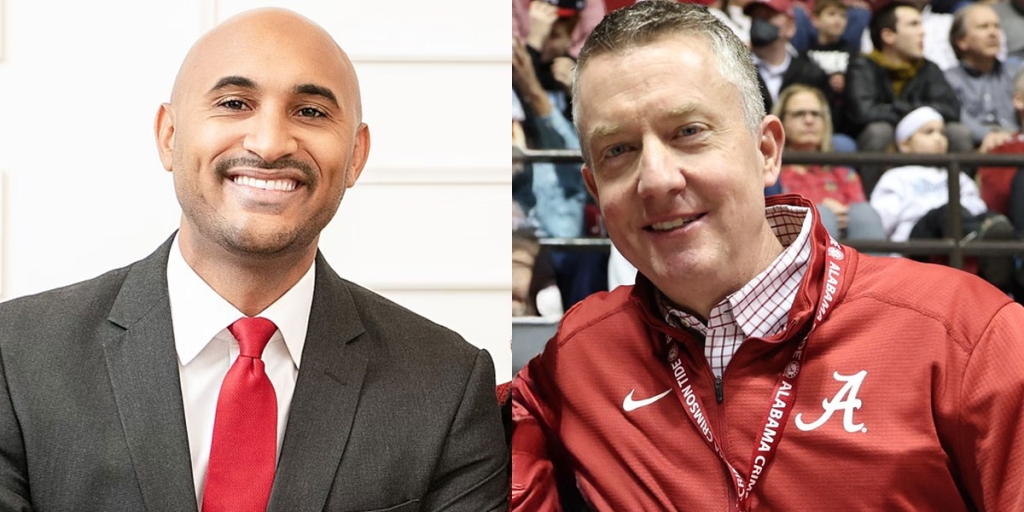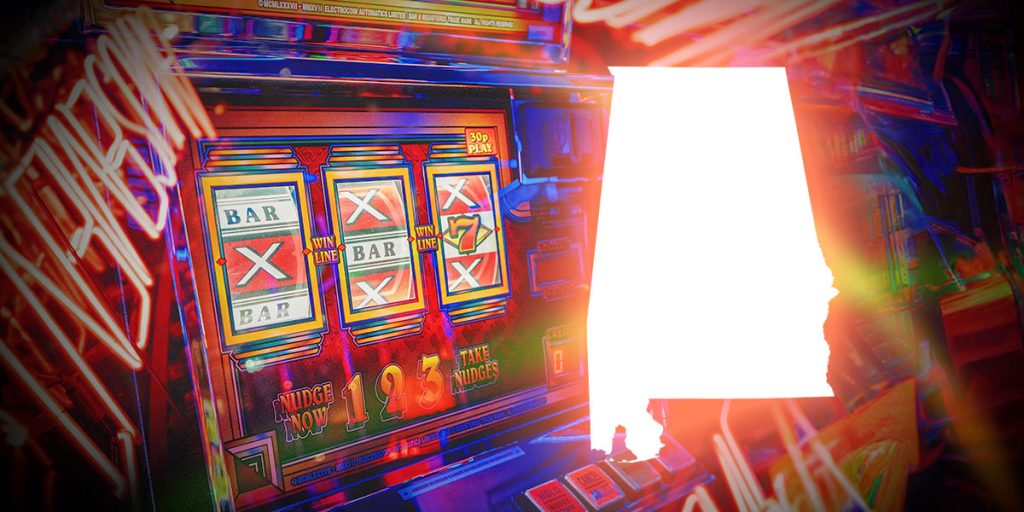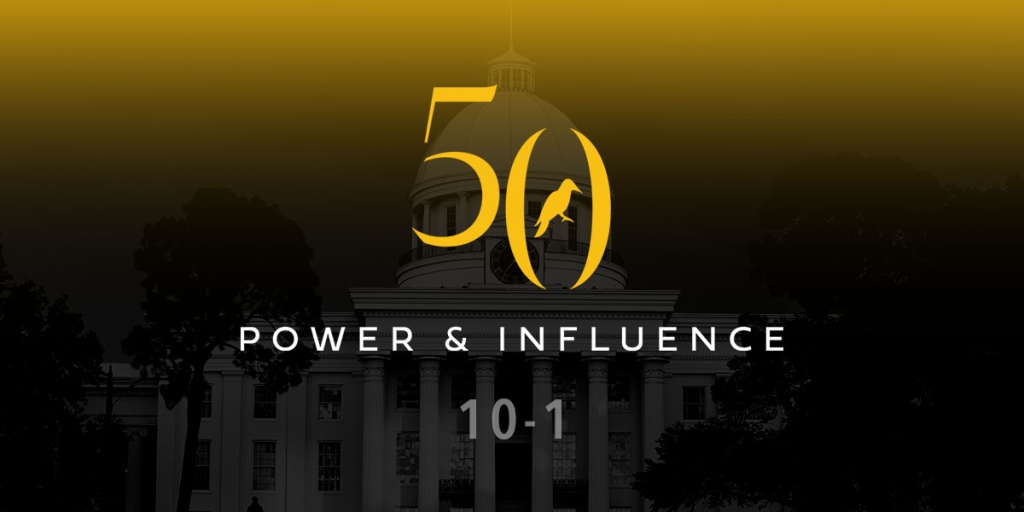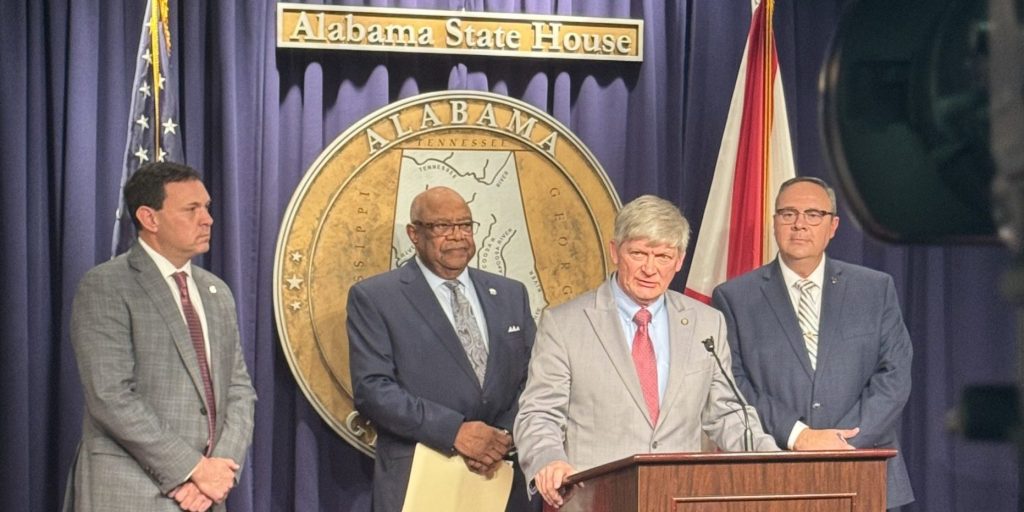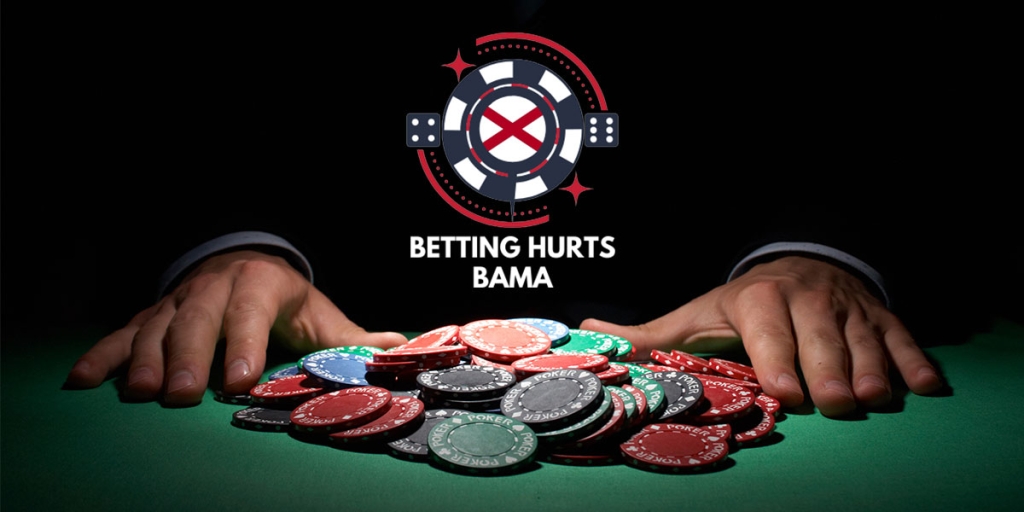The Alabama House of Representatives could vote to concur with the Senate version of the gambling bill when it returns from its spring break today.
Most sources suggest that the House will vote to non-concur and send the bill to a conference committee where a compromise piece of legislation will then be crafted.
However, the two bills are vastly different from each other.
The House Study Committee on gambling spent months preparing a detailed gambling bill that included a lottery, a compact with the Poarch Band of Creek Indians, the legalization of historical horse racing machines, electronic wagering, sportsbooks, electronic bingo, parimutuel betting on simulcast horse and dog racing, slot machines, class III gaming in as many as 10 sites across the state of Alabama.
The bill also created a state agency to oversee gambling across the state with police powers. All non-licensed illegal gambling halls would be allowed to operate through 2027. After that they would all have to be shut down. Every bingo game in the state would be shut down or have to be licensed by the state. Poker nights would be illegal.
The sponsor of the bill, State Rep. Chris Blackshear (R-Phenix City), claimed the massive expansion of legal gambling and the suppression of non-licensed gambling would bring up to $1.2 billion a year into state coffers and would fund everything from a new megaprison in Escambia County, to more mental health counselors and clinics, road projects, scholarships for two year colleges and technical colleges to rural hospitals – perhaps even Medicaid expansion.
A report from the governor’s study group on gambling policies estimates a potential total of $500 million to $710 million in revenue.
Blackshear’s bill was railroaded through the House by leadership of both parties working together. The Senate did not like much about the House bill and it was dead on arrival in the Senate. That bill was substituted in committee by the Senate and then was amended eight times on the Senate floor to get it out of the Senate.
The Senate bill kept the lottery, the compact with the Poarch Band, the historical horse racing machines, the powerful new state agency, the licensed gambling halls, the simulcast racing, and the crackdown on illegal gaming.
The Senate version of the bill has no electronic bingo, no Class III gaming, no sports wagering, no slot machines.
The senators estimate that their bill would bring in $350 million to $400 million. Most of that would be the lottery.
Once the megaprison is funded, the money would be divided among the General Fund, education, and roads.
The Senate bill is the bill that the House will vote on.
Alabama thoroughbred owners complain, though, there is no effort in either bill to bring back horse racing in either bill.
Eagle Forum complains the Senate bill empowers the governor to negotiate a compact with the Poarch Band allowing them to expand their casinos to Class III gaming. There is also some concern that passing a lottery – technically Class III gaming may allow the tribe to go to the federal government and ask them for permission to upgrade their three Class II casinos in Wetumpka, Montgomery, and Atmore areas to Class III as the Indian Gaming Act of 1986 allows the tribes to offer any gambling that is allowed elsewhere in the state on tribal lands.
Pro-gambling senators have denied that the bill does what Eagle Forum has suggested it does.
Attorney General Steve Marshall has steadfastly opposed this legislation and strongly rejects Blackshear’s argument that the state has to expand legal gambling to enforce the laws against illegal gambling.
“I don’t accept the premise that we need to legalize gambling to enhance enforcement, because there are enforcement mechanisms that exist separate and apart from how broadly we’re considering gambling in the state,” Marshall said. “And so, from an enforcement side, I fully embrace the idea of raising the consequences of engaging in illegal gambling activity, want to make sure that there is an effective deterrent because one of the feedbacks we’ve gotten in many of the places that we’ve shut down is they just weren’t worried about the risk when it’s a misdemeanor and all these are misdemeanor offenses.
“They’re not worried about the consequences of what they’re doing. Let’s raise those up to felony offenses.”
Gambling opponents, including Rep. Jim Carns (R-Vestavia Hills), believe the bill can still be defeated. He is calling for citizens to call their legislators and tell them to vote no.
If the bill passes, because it is a constitutional amendment the voters would still have the option of voting the gambling bill up or down. Of course, at this point, we still don’t know what that final bill will look like.
The next move in this ongoing game saga is in the House of Representatives.
To connect with the author of this story, or to comment, email [email protected]




